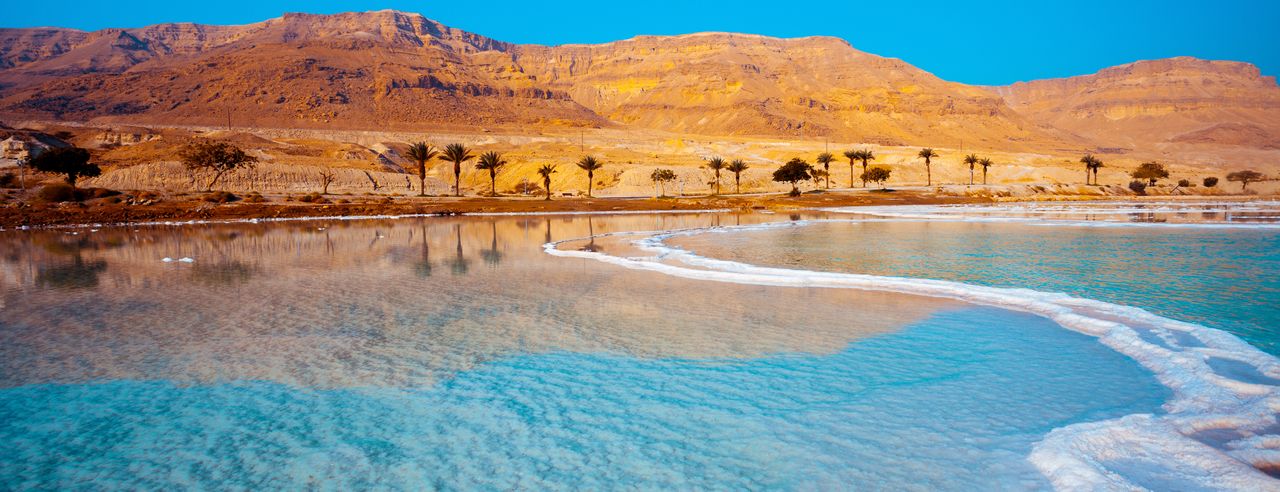
Study on the effect of the Dead Sea environment on uveitis
Ronit Yagev et al.
February 2005
Climate treatment
Eyes / Ears / Teeth
The aim of this study from Ben-Gurion University of the Negev was to investigate the effect of the Dead Sea environment (climatotherapy) on the signs, symptoms and clinical course of chronic uveitis.
Fifty-five patients with chronic uveitis were examined at the beginning and end of a 3- to 4-week stay in the Dead Sea region and on repeated visits to the region. Study data included demographic information, medical history, etiology, diagnosis, medication and a complete ophthalmologic examination.
Statistically significant improvements were observed between the two examinations at each visit in four parameters:
(a) visual acuity for near and far distances; (b) anterior chamber flare; (c) anterior chamber cells; (d) vitreous cells.
A significant average improvement was observed during the visits to the Dead Sea region, with the effect diminishing slightly during the intervals between visits. 64% of patients reported that they required less medication and experienced fewer and milder uveitis attacks after the visits.
The results of this study provide evidence of short-term and possibly long-term improvement in the signs and symptoms of uveitis following exposure to the Dead Sea climate.
The most important information on the study at a glance
- Indications
- Uveitis
- Institution
- Department of Ophthalmology, Soroka University Medical Center and Faculty of Health Sciences, Ben-Gurion University of the Negev, Beer Sheva, Israel
- Title
- Study on the effect of the Dead Sea environment on uveitis
- Brief description
- The study shows: climatotherapy at the Dead Sea leads to significant improvements in the symptoms of chronic uveitis.
- Original title
- The effect of the Dead Sea environment on uveitis
- Link to the study
- https://pubmed.ncbi.nlm.nih.gov/15729957/
Suitable trips for this study topic
You might also be interested in
Climate treatment
Psoriasis / Eczema
V. D. El'kin et al.
April 2013
The study shows that halotherapy improves the course of psoriasis and achieves clinical remission in 65% of cases.
Climate treatment
Respiratory system / Asthma
Irina Karaganova, Stefka Mindova
July 2024
The study shows: Respiratory gymnastics & halotherapy improve clinical scores, reduce attacks and increase quality of life in asthma.
Climate treatment
Respiratory system / Asthma
J. Hedman et al.
May 2006
The study shows that salt chamber treatments reduce bronchial hyperreactivity in asthma and are suitable as a complementary therapy.